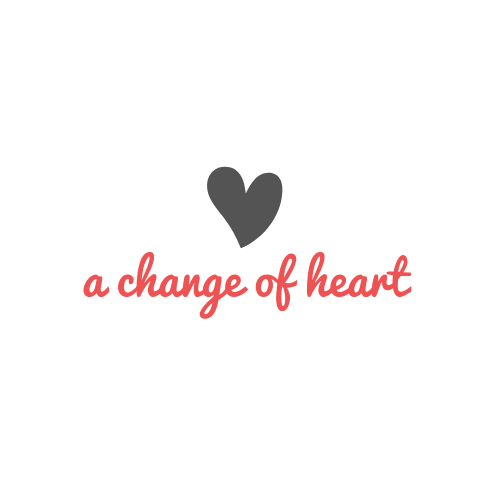Inconsistencies & Ambiguities
I had just seen my terrible echocardiogram, and had diagnosed myself with a sad, failing heart. I waited patiently. The cardiologists came into my hospital room and sat down. One of them asked, “Is there any personal or family history of heart failure, Alin? What exactly were your symptoms?”
For what seemed like the hundredth time, I explained. I had this cough around Halloween and it never got better. I had a cold. I was feeling short of breath over the last few days, perhaps it was due to post-viral reactive airway disease, I don’t know. I feel fine. I want to go home.
“Any weight gain?”
“No.” But the ED nurse said that my weight was 110 pounds. I’ve never been over 90 pounds. The scale was wrong.
“Any decreased urine output? Swelling in your legs?”
“No. No.” But Matt did say my legs looked kinda swollen. Wasn’t pitting though, I don’t think.
“Were you using more pillows at night?”
“No.” But I always use two pillows to sleep. The other night, I woke up to catch my breath. Thought it was a panic attack.
“What about significant family history?”
“My grandma has high blood pressure. My dad has dilated cardiomyopathy from myocarditis. I think his dad died suddenly when he was in his early 40s. That’s all.” Grandpa died of sudden cardiac death at age 40…
They all leaned in. “What did he die of?”
“We aren’t sure, nobody knows. Something with his heart? It was sudden, and he wasn’t around much. It’s all unclear.”
And then we stared at each other for a few more seconds. Something in his heart, sudden cardiac death, dad has dilated cardiomyopathy, but his is from myocarditis, I think that’s what he said. Where’s my dad?!
I frantically called my parents, who were on their way to Philadelphia. They were at the airport, waiting nervously for their plane to board.
“Dad, I think I have to go to the cath lab. It's my heart. It’s failing. Do you remember what your dad died of? And why do you have cardiomyopathy?”
Between my father’s hindered tears and my mother’s silence, I realized how much of my character had just spewed out. I’m straightforward. I like to get to the point. It’s the Emergency Medicine mindset, and I had always been that way. I had to go to the cath lab so that the cardiologist could check my pressures, and then something about Swan-Ganz, a possible balloon pump. Risks? Bleeding, inflammation, infection, etc. Yeah, yeah. I had consented for everything. Now, I just needed these questions answered so that I could move on with my life.
I broke the silence. "Don’t cry, I’m fine. I feel fine. I’m breathing better now, too. These people know what they’re doing." I wasn’t breathing better, but they probably need to give me some Lasix or nitro. No wait, my blood pressure. How do I do this “doctor-patient” thing?
Dad interjected. “They told us that you had a pneumonia. Are you still on life support? What are you talking about?”
I almost rolled my eyes. How could I be on life support if I’m talking. I’m on pressors-- I guess that’s life support. I stopped myself mid-thought. I put myself in their shoes for one second.
And thus came the challenging beginning of being the first and only critically ill patient (and also the only medical professional) in my family. I realized the difficulties of patient care quite early— the ambiguity, the unknowns, the constant changing-of-the-plans, the various care teams saying different things. As a doctor, I understand this completely. What I never understood was why my own patients didn’t understand this. But that day, I finally began to grasp the difficulties of being a hospitalized patient with family & friends who cared too much, had too many questions, and couldn’t grapple with the uncertainty of modern medicine.
I took a deep breath. “I’m not on life support, but I need you both here. I have to get a procedure done to see how my heart is doing. It may not be pneumonia. I’ll call you after.”
And off I went to The Legendary Cath Lab, where I’d get all of my answers while laying flat on a cold, hard slab of metal. Where the cold, hard slab of reality would suddenly hit me.
And with that … here’s a quote (by anonymous) I recently found while “surfing the web” (like its 2001).
“Fear, uncertainty, and discomfort are your compasses toward growth.”
